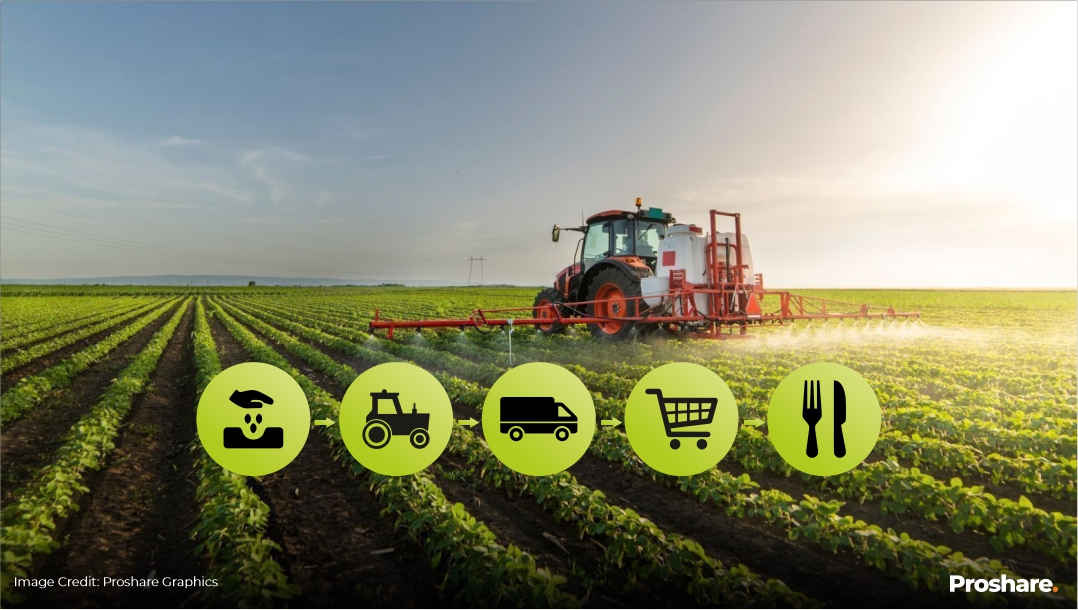Nigeria’s agricultural sector is a vital component of the country’s economy, employing approximately 30% of the workforce and contributing around 25% to the nation’s GDP. However, the sector faces numerous challenges that hinder its growth and productivity. Agricultural innovation systems (AIS) have been identified as a key driver of agricultural development, enabling countries to address these challenges and improve agricultural productivity. In Nigeria, AIS holds significant potential for transforming the agricultural sector, but it also faces unique challenges.
What are Agricultural Innovation Systems?
Agricultural innovation systems refer to the network of organizations, individuals, and institutions that work together to develop, disseminate, and adopt new technologies, products, and practices in agriculture. AIS involves a range of actors, including farmers, researchers, extension agents, policymakers, and private sector entities. These actors interact and collaborate to generate, share, and utilize knowledge, ultimately leading to improved agricultural productivity and sustainability.
Challenges Facing Agricultural Innovation Systems in Nigeria
Despite the potential benefits of AIS, Nigeria’s agricultural sector faces several challenges that hinder the effectiveness of innovation systems. Some of the key challenges include:
- Limited Funding: Agricultural research and development in Nigeria are underfunded, which limits the capacity of research institutions to develop and disseminate new technologies.
- Inadequate Infrastructure: Poor infrastructure, such as roads, storage facilities, and irrigation systems, hinders the adoption and dissemination of new technologies.
- Weak Institutional Framework: Weak institutions and inadequate policies hinder the coordination and effectiveness of AIS in Nigeria.
- Limited Capacity of Extension Agents: Extension agents play a crucial role in disseminating new technologies to farmers. However, in Nigeria, extension agents often lack the necessary skills, knowledge, and resources to effectively perform their duties.
- Climate Change: Climate change poses a significant threat to Nigeria’s agricultural sector, and AIS must develop strategies to address this challenge.
Opportunities for Agricultural Innovation Systems in Nigeria
Despite the challenges, there are several opportunities for AIS in Nigeria:
- Increasing Demand for Food: Nigeria’s rapidly growing population creates an increasing demand for food, which presents opportunities for AIS to develop and disseminate technologies that improve agricultural productivity.
- Growing Private Sector Investment: The private sector is increasingly investing in Nigeria’s agricultural sector, which presents opportunities for partnerships and collaboration.
- Digital Technologies: Digital technologies, such as mobile phones and precision agriculture, offer new opportunities for AIS to reach farmers and improve agricultural productivity.
- Youth Involvement: Nigeria’s youth population presents an opportunity for AIS to engage young people in agriculture and promote entrepreneurship.
- Regional Integration: Regional integration initiatives, such as the African Continental Free Trade Area (AfCFTA), present opportunities for Nigeria’s agricultural sector to access new markets.
Way Forward
To harness the potential of AIS in Nigeria, several steps can be taken:
- Increase Funding: Increase funding for agricultural research and development to develop and disseminate new technologies.
- Strengthen Institutional Framework: Strengthen institutions and policies to improve the coordination and effectiveness of AIS.
- Build Capacity of Extension Agents: Build the capacity of extension agents to effectively disseminate new technologies to farmers.
- Promote Private Sector Investment: Promote private sector investment in agricultural research and development.
- Harness Digital Technologies: Harness digital technologies to reach farmers and improve agricultural productivity.
Conclusion
Agricultural innovation systems hold significant potential for transforming Nigeria’s agricultural sector. However, the sector faces unique challenges that must be addressed. By increasing funding, strengthening institutional frameworks, building capacity, promoting private sector investment, and harnessing digital technologies, Nigeria can unlock the potential of AIS and improve agricultural productivity. This will ultimately contribute to food security, poverty reduction, and economic growth.

